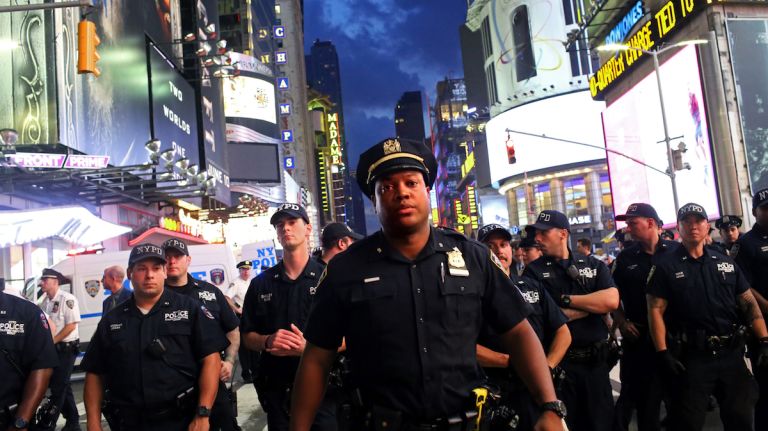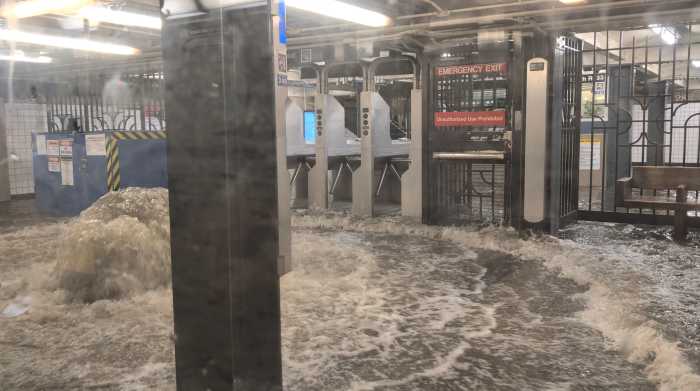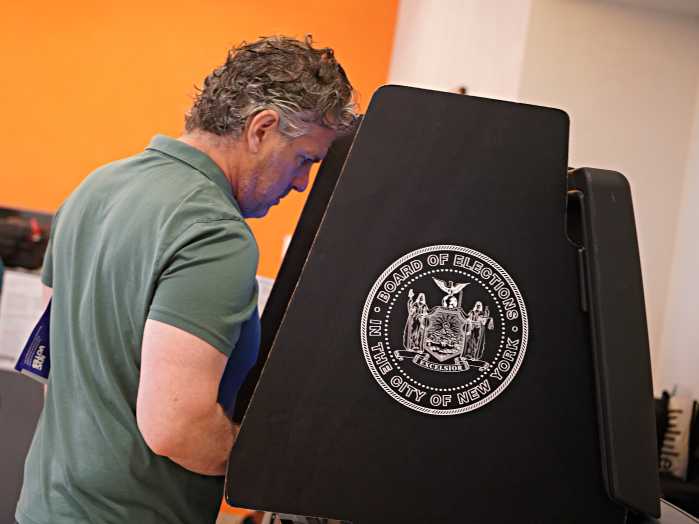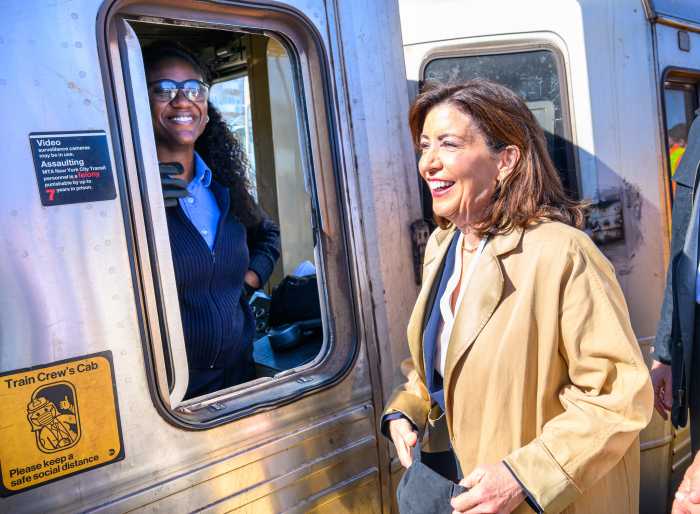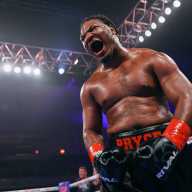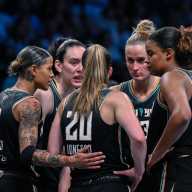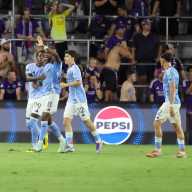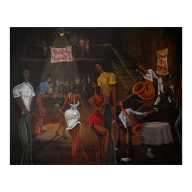
For four days last week, Republicans in Cleveland praised law enforcement after targeted fatal shootings of police officers in Dallas and Louisiana. Democrats might do the same when their convention gets underway in Philadelphia today.
They’ll likely speak about renewing trust, but police-community relations may be irreparably damaged.
Three officers were fatally shot in Baton Rouge by a former Marine, and an Army Reserve veteran shot and killed five officers in Dallas. Both cases represent a bloody boomerang effect that’s two-pronged.
On the one hand, this country has largely ignored veterans with physical and emotional damage. On the other hand, and specifically for black servicemen, many have returned from war only to find a horrendous body count at home — one that’s attributable to police and disproportionately weighted with black bodies. Officers in military-style gear and backed by tanks have come to resemble military occupiers in many neighborhoods of color that bear a heavy police presence.
How does one trust police, many of whom have been trained like soldiers fighting various wars (War on Drugs, War on Crime), to act like Officer Friendly as part of the community policing myth? Should we trust departments like the NYPD, where federal investigators smell corruption? Why push a public weary from countless police brutality videos, or police who may hold their guns tighter than before, into what seems to be a combustible relationship?
Trust is a political talking point from an establishment that added fuel to the fire by militarizing departments and siccing cops on every low-level offense. It does not represent change.
Dallas Police Chief David Brown made perhaps one of the most sober assessments by any police leader in America: “We’re asking cops to do too much in this country.” Brown pointed to problems with mental health and education as areas where cops are thrown at “societal failures.”
A departure from statements by other police leaders who salivate for growing budgets, Brown’s analysis was not that different from those of protesters who have demanded a rollback of overpolicing and new social investments instead. That may provide some common ground for a new path out of this dangerous mess.
Josmar Trujillo is a trainer, writer and activist with the Coalition to End Broken Windows.



